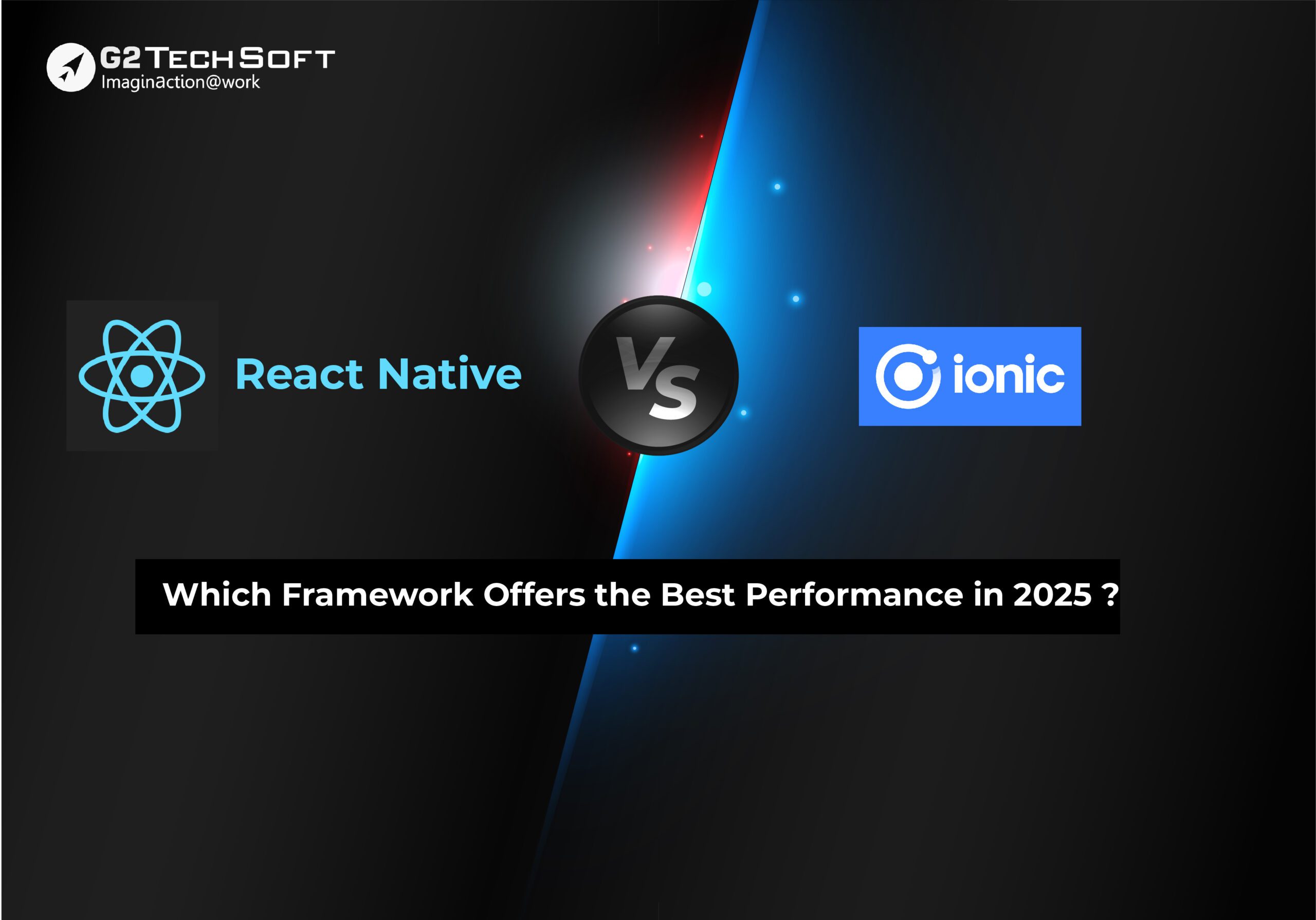
Scalable Software Solutions: The Key to Building Highly Performant Applications
Scalability has become vital for many software development companies, especially post-pandemic. Companies are now better understanding the significance of scalability in enterprise software solutions. It’s now a priority to ensure superior user experience, cost-effectiveness, and increased agility.
As far as custom software development is concerned, they strive for a balanced approach. They aim to create exceptional software solutions that align with their clients’ budgets and timelines, without compromising on quality. This is particularly evident in projects involving big data, where they go above and beyond to deliver top-notch results.
A well-designed software solution can seamlessly handle sudden increases in the workflow without hindering growth potential. That’s why choosing a software development company that excels in custom software development is vital when you’re looking for scalable applications.
The Advantages of Building Scalable Software Solutions
Scalable software solutions offer a multitude of advantages that are vital for software architecture. Let’s analyze four key benefits of scalable software development and explore each point in detail:
Optimum Resource Allocation
Scalable software architecture ensures efficient utilization of resources, allowing for seamless scalability as demand fluctuates. It helps organizations to dynamically provision and de-provision resources based on workload variations. Thus, with scalable software solutions, it is possible to scale up or down your infrastructure to meet the changing demands of your business.
High Availability and Reliability
The system ensures fault tolerance by distributing the workload across multiple instances or servers. In the event of a failure or increased demand, the architecture seamlessly redirects traffic to healthy instances, ensuring uninterrupted service. This redundancy and fault tolerance minimize downtime and improve the overall reliability of the system. With high availability and reliability, users can trust that the software will be accessible and responsive even during peak usage periods or in the face of hardware or software failure.
Performance Optimization
Efficient performance optimization is crucial for delivering exceptional user experiences and it can be achieved by breaking down the system into modular components. The flexibility inherent in scalable architecture empowers organizations to fine-tune individual services or optimize database queries, leading to improved overall system performance. Moreover, load balancing techniques employed in scalable software solutions ensure that requests are evenly distributed, maximizing throughput and minimizing response times. The result is a highly optimized software system that performs at its best, regardless of the workload.
Future-Proofing and Growth Potential
Additionally, it also lays a solid foundation for future growth and expansion. Incorporating scalability enables organizations to accommodate increased user bases, growing data volumes, and evolving business requirements. Scalable software provides incremental scalability, allowing you to add resources as needed and scale your system gradually. This growth potential is essential for staying competitive and adapting to the ever-changing market dynamics.
Essential Factors to Consider When Creating Scalable Software Solutions
Building a resilient and scalable application can be a complex endeavor. While it’s advisable to entrust this task to an experienced team of developers, understanding the key elements involved can be beneficial for entrepreneurs. Let’s explore these essential factors:
Architecture
The choice of architecture plays a significant role. While it’s possible to scale a monolithic application, a microservices approach is more suitable. Monolithic architectures can only be scaled as a whole and that’s why it is inefficient and costly. As the application grows, the codebase becomes more complex, making it challenging to manage, resulting in slower performance. In contrast, microservices architecture consists of independent components with their own technology stack, allowing separate scaling of services based on specific needs, offering greater flexibility and control without downtime.
- Tech Stack: It is crucial for scalability. Nowadays, most modern frameworks, databases, and programming languages support scalability to some extent. However, certain technologies may be more advantageous depending on the specific use case. For instance, Golang is often favored due to its readability, performance, and concurrency capabilities. While the choice of tech stack matters, focusing on code quality is equally important. Clear and readable code enables easy updates to meet evolving requirements. A concise codebase with minimal duplication and efficient reuse of code improves scalability.
- Hosting: The hosting option you choose has a significant impact on scalability. Hosting refers to the computing resources and services used for app development and management. There are two main options to consider:
- On-premises hosting: A business utilizes its own computers and servers to store and run the software. While on-premises hosting offers better security and control in some cases, it tends to be less flexible and more expensive. It may limit scalability due to hardware limitations and the need for an in-house team to manage infrastructure.
- Cloud hosting: It involves using third-party services, where the software is hosted off-site. It also eliminates the need for an in-house team and additional hardware purchases. Cloud hosting offers virtually unlimited scalability since it’s not constrained by on-site servers’ computing power, storage, or bandwidth. It provides the flexibility to scale resources as needed, making it a popular choice for achieving scalability.
Considering these factors – architecture, tech stack, and hosting – is crucial for building a scalable solution. By making informed decisions in these areas, organizations can lay a strong foundation for a resilient and flexible application that can grow and adapt to changing demands effectively.
G2 TechSoft: Empowering Scalable Software Solutions with Expertise and Innovation
At G2TechSoft, we help businesses build scalable software solutions. As a leading software development company, we have a team of skilled developers who are well-versed in creating software that can handle increased loads and rapidly adapt to changing demands.
Our range of software development services, such as custom software development, web development, mobile app development, and eCommerce development, are all geared towards providing scalable solutions for businesses. We understand the importance of scalability and incorporate the latest technologies and development methodologies to ensure that the software solutions we deliver are scalable, secure, reliable, and easy to maintain.
Partnering with G2TechSoft, businesses can benefit from our expertise in building scalable software solutions tailored to their specific needs. Whether you require a robust web application, a scalable mobile app, or an eCommerce platform capable of handling high traffic, we have the knowledge and experience to deliver the right solution.
If you are looking to build scalable software solutions for your business, we encourage you to reach out to us for further assistance. Our team will work closely with you to understand your requirements and develop a scalable software solution that empowers your business for growth and success.
Key Takeaway: Your Trusted Scalable Software Solution Company- G2 TechSoft
Scalable software solutions enable businesses to effectively manage growing data and traffic volumes, adapt to evolving market conditions, and meet changing client expectations. Understanding the significance of these benefits highlights the importance of building software solutions for your business.
Additionally, if you want to ensure the development of scalable, flexible, and future-proof software solutions, you have the option to hire software developers from leading development companies. By partnering with these experts, you can leverage their skills and experience to create software solutions that can scale seamlessly, accommodate changes, and stand the test of time.




